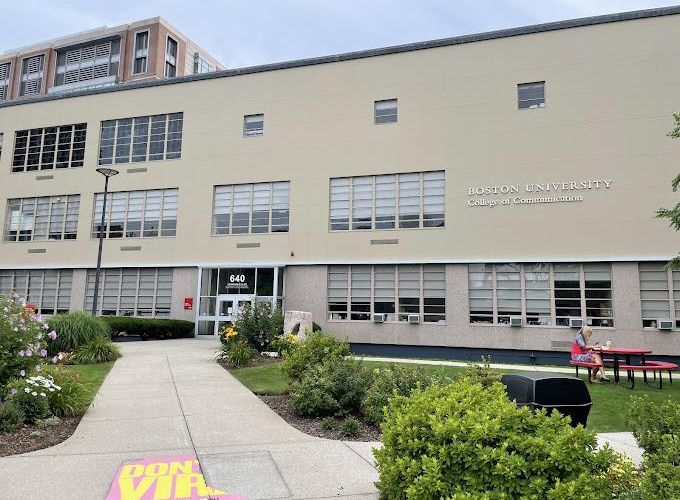Certificate Description
The graduate certificate in Civic Science Communication is a four-course, 16-credit certificate offered in an overall asynchronous format (each course will have one synchronous component to help create a cohort experience) for persons interested in learning more about communicating scientific ideas to multiple audiences, including government entities, communities, and media. It is designed, first, to help researchers (especially early career or graduate students) to develop the knowledge, skills, and abilities necessary to effectively connect with—and learn from—diverse thinkers around scientific topics to address societal challenges: policymakers, donors, employees, corporate leaders, journalists, and the public at large. It also might be used to augment an existing career in science communication.
This certificate is developed using the five pillars of civic science communication as co-created by the Rita Allen Foundation and civic-science community members, including funders, host partners, Civic Science Fellows, and the Practice and Science of Civic Science Advisory Committee (of which Dean Mariette DiChristina is a member). The pillars are: Scaffolding for Learning and Impact, Understanding Science in Context, Designing for Equity and Inclusion, Communicating for the Future and Leading for Systems Change.
Curriculum
CO610 –Science Storytelling – 4cr.
This course gives program participants experience in preparing information to engage and connect with multiple audiences, including both journalistic and promotional/persuasive communication targeted to different populations with varying life experiences and educational levels. Pillars addressed: Understanding Science in Context, Designing for Equity and Inclusion, Communicating for the Future
CO611 – Engaging and Persuading Audiences - 4cr.
This course looks at how people perceive information and, in turn, how best to actively engage diverse audiences and communities. A heavy focus will be placed on interpersonal and mass communication theories, evidence, and applications, including examples of effective campaigns from the areas of health, risk, and science communication. Pillars addressed: Communicating for the Future, Designing for Equity and Inclusion, Scaffolding for Learning and Impact
CO613 – Transformative Data Storytelling – 4cr.
We are surrounded by raw data from both primary and secondary sources. This course will focus on using this data to best share information with various audiences. A secondary component of this course will focus on making scientific information consumable for non-scientific audiences. Pillars addressed: Understanding Science in Context, Communicating for the Future, Designing for Equity and Inclusion
CO614 – Advocating Science - 4cr.
Advocacy today is much more than just disseminating information. It involves the ability to collaborate with and persuade journalists, various publics, and policymakers to make informed, fact-based decisions. Case studies and discussions in communication management and advocacy leadership will be a significant part of the course. Participants will gain practical experience in media training and engagement, public presentation (in-person, virtual, and mediated), and reciprocal communication. Pillars addressed: Communicating for the Future, Designing for Equity and Inclusion, Leading for Systems Change
Additional Components
In addition to the four asynchronous online courses, students will be expected to participate in at least one synchronous activity per course. This would include attendance at a COM Science Communication Lecture Series event, workshops offered through the College of Communication, SciCommers Mentor Chats, and other events that will be announced. During each course, students will be given a list of activities that satisfy the synchronous component. Additionally, it is expected (though not required) that students will participate in synchronous group office hours offered by the instructor of record for each course.
COM has a long history of requiring co-curricular learning and engagement activities for its programs. For example, the Cinematheque series in the Department of Film & Television has long been a program requirement for its majors. [/collapsible]
Requirements
A Bachelor’s degree is required as a prerequisite to the graduate certificate program. Visit the BU COM website for details.
View BU’s academic calendar for important dates and deadlines.
- Complete the online application form.
- Upload transcript(s) within our online application from colleges and/or universities you’ve attended beyond high school. Transcript(s) must include evidence of a bachelor’s degree, such as a final transcript showing the degree conferral date.
- Statement of purpose: Please provide a brief statement (approximately 500 to 750 words) outlining your interest in civic science communication. In your statement, highlight your unique qualifications and motivations for pursuing this certificate, your interest in science, relevant experience (if any), career goals, and how you plan to use your new skills to make a positive impact in the field.
Option to enroll as a non-degree student: If you’re not ready to commit to the full certificate program, you can take individual courses as a non-degree student.

